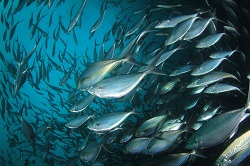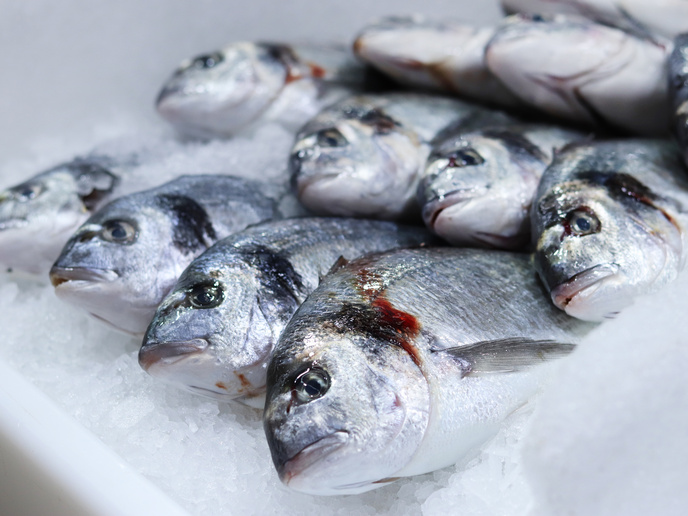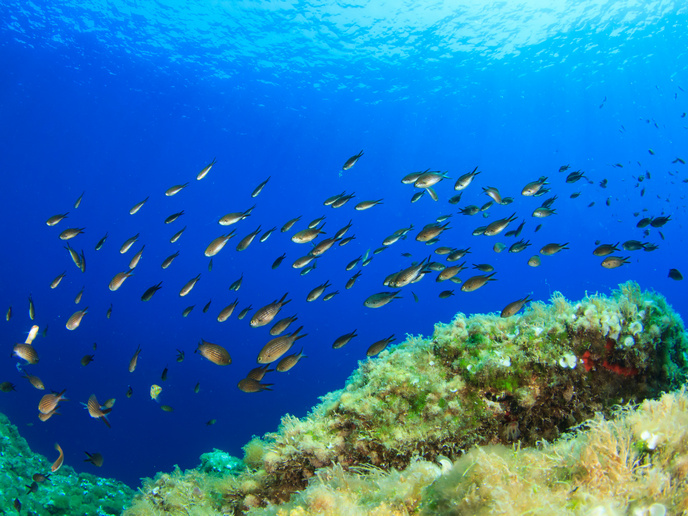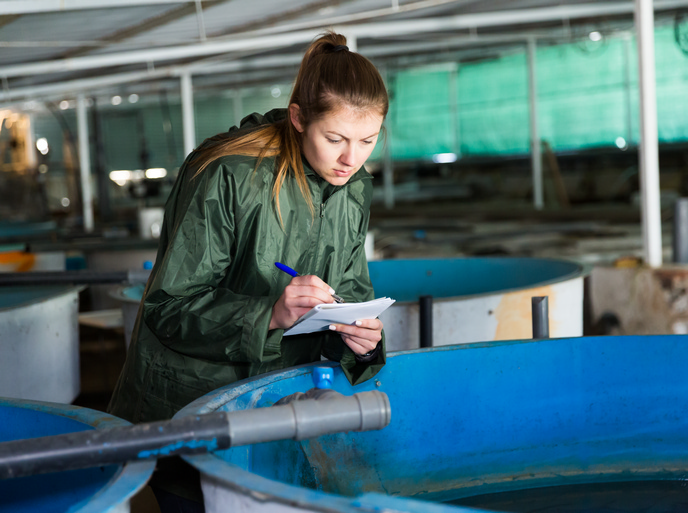Decision support framework for more effective fisheries management
An ecosystem-based approach to fisheries management (EAFM) takes a lot more data into account than a single-species approach. It can provide more appropriate guidelines to fisheries managers, helping them utilise resources as sustainably as possible. Moving away from single-species fisheries management methods “The ultimate objective of MareFrame was to create the necessary tools and guidelines to facilitate the increased implementation of an EAFM in Europe,” says Dr Anna Kristín Daníelsdóttir, coordinator for the EU-funded MareFrame(opens in new window) (Co-creating Ecosystem-based Fisheries Management Solutions) project. “Our goal was to contribute to removing the barriers that prevent more widespread use of EAFM.” To achieve its aims, the project team developed a decision support framework (DSF). It consists of a co-creation process, ecosystem models, decision support tools and educational resources. Tools to sustain healthy marine ecosystems and fisheries Co-creation is a theory of interactions that combines analytical and participatory tools to generate knowledge that has scientific acceptability (credibility), policy relevance (salience) and social robustness (legitimacy). The findings show that a “co-creation approach leads to benefits beyond what could be achieved through traditional research and could effectively contribute to the implementation of an ecosystem approach to fisheries management in Europe, especially since stakeholder input and acceptance are key to changes in the marine sector,” notes Dr Daníelsdóttir. Project partners devised and advanced 10 ecosystem models that were then tested in eight case studies. The case studies ranged from data-rich marine ecosystems with a long history of fisheries exploitation, to data-poor systems where biological, ecological, social and economic information was lacking. Dr Daníelsdóttir explains that the models “contain information fisheries managers and decisionmakers need to gain a realistic idea of how their decisions today might impact key variables in the ecosystem tomorrow.” The development of decision support tools enables stakeholders like fisheries managers and decisionmakers to easily interpret the ecosystem models. The tools also allow them to evaluate trade-offs between scenarios across a range of relevant dimensions while taking their preferences and priorities explicitly into account. Most of these DSF tools are generic and can be readily applied to new cases, making them useful beyond the project. Researchers created educational materials relevant for EAFM and held advanced training schools, workshops and webinars where the resources were used. The materials can be downloaded or used directly via the tutor-web tool. The content is freely available for instructors, and can be assigned as lessons for students. They produced a roadmap in the form of a policy brief for the integration of DSF for EAFM. It includes the identification of barriers for wider DSF implementation and recommendations for EU decisionmakers and policymakers on how to overcome these. Lastly, team members designed an interactive learning tool to train the main DSF users. Don’t let successful EAFM implementation stop here Dr Daníelsdóttir is hoping to maintain and build on the momentum and enthusiasm created by MareFrame. An upcoming special issue of the Fisheries Research journal will be dedicated to peer-reviewed publications on its outcomes. The project has also been featured in the International Council for the Exploration of the Sea, a global organisation that develops science and advice to support the sustainable use of the oceans, and the General Fisheries Commission for the Mediterranean roadmaps. “Applying an ecosystem-based approach will not only help protect the environment and increase sustainability, but also safeguard the costly investments of the fishing industry and increase their value,” she adds. “Fisheries are an economic activity with significant social impact.” Dr Daníelsdóttir concludes: “EAFM enables us to take such externalities into account in management, in opposition to the traditional single-species approaches that are currently being applied in most fisheries. If successfully implemented, the approach ensures an enhanced and meaningful participatory process, which is particularly relevant due to the complexities of the EAFM and the EU institutional setting.”







